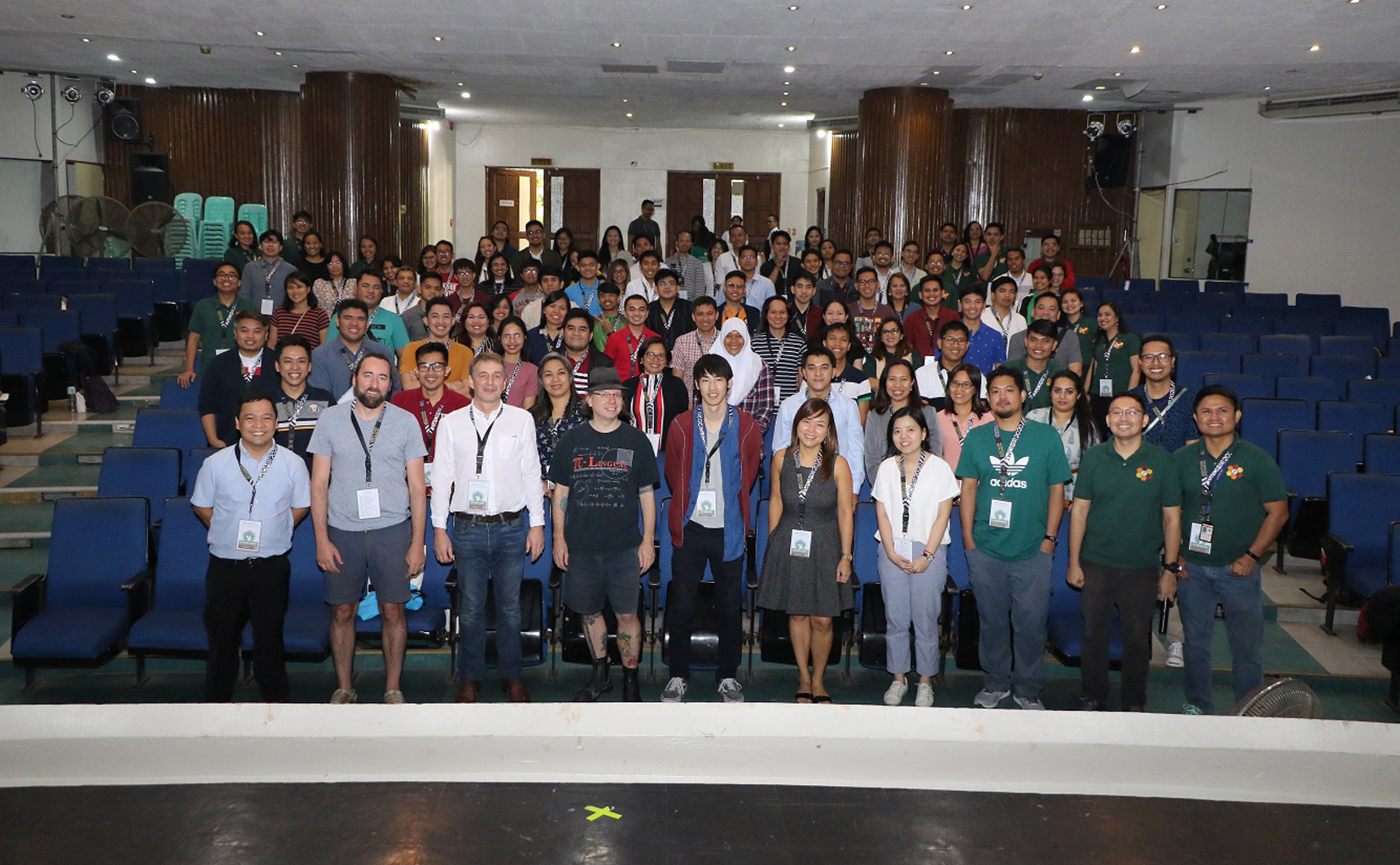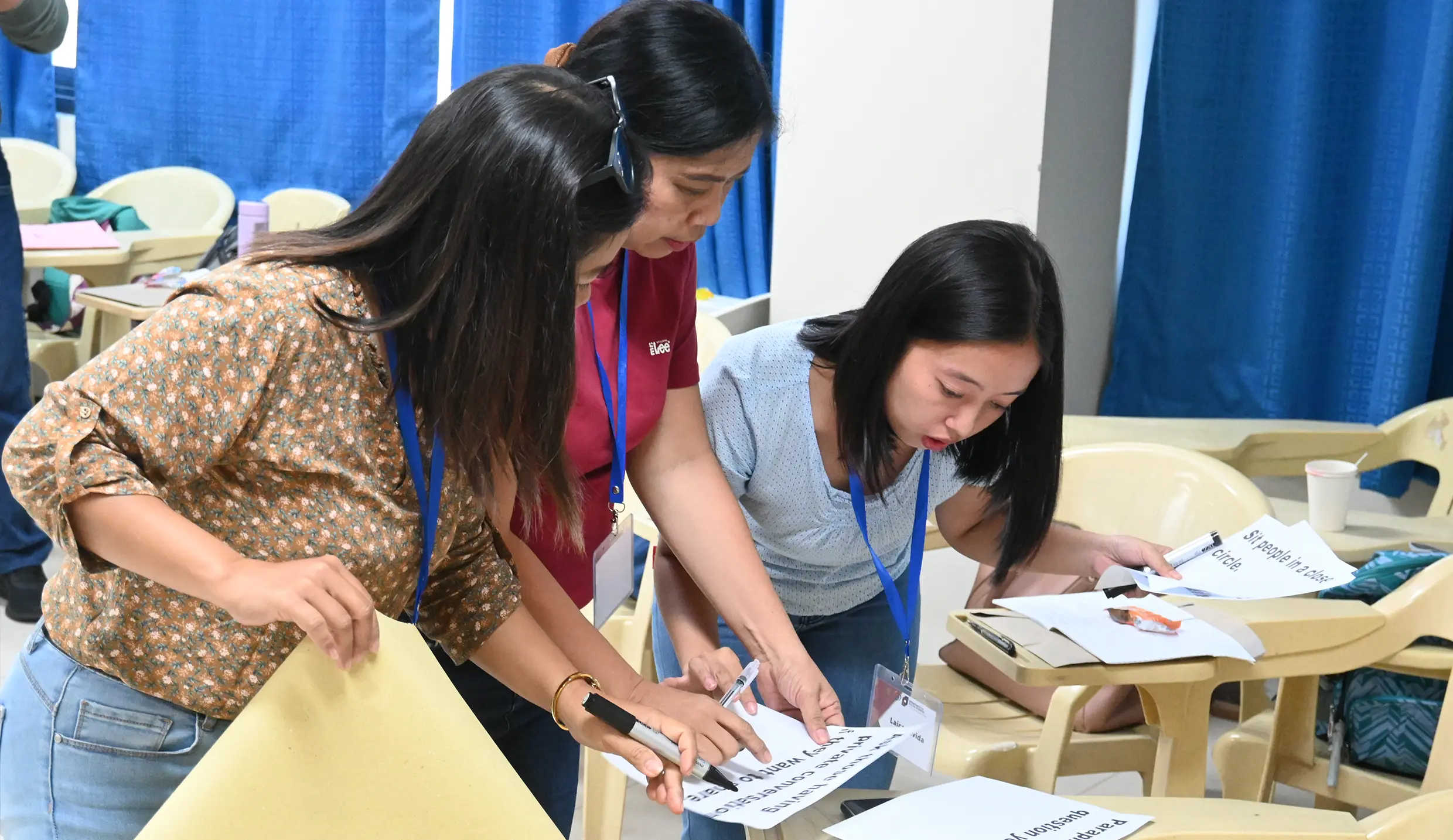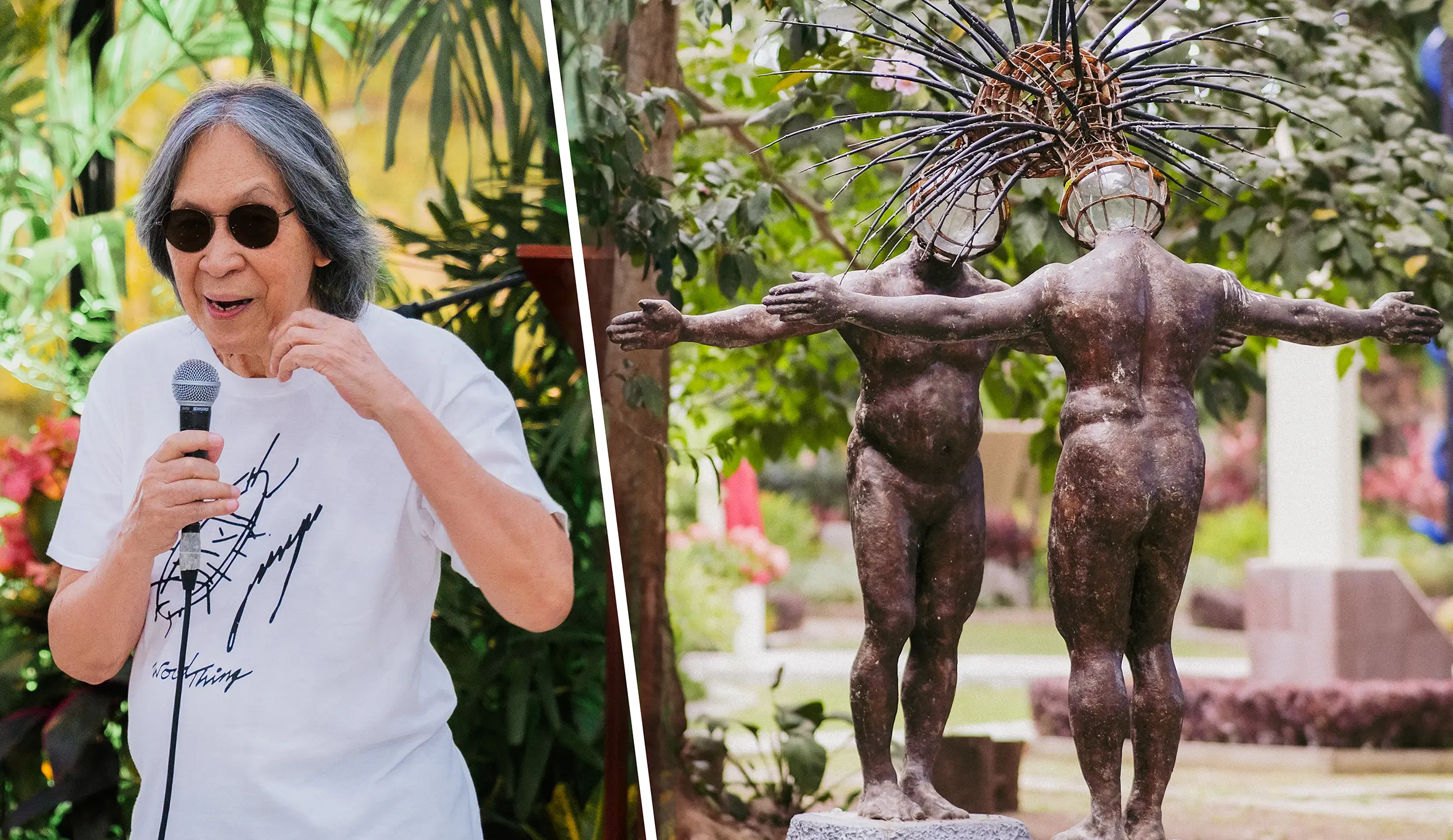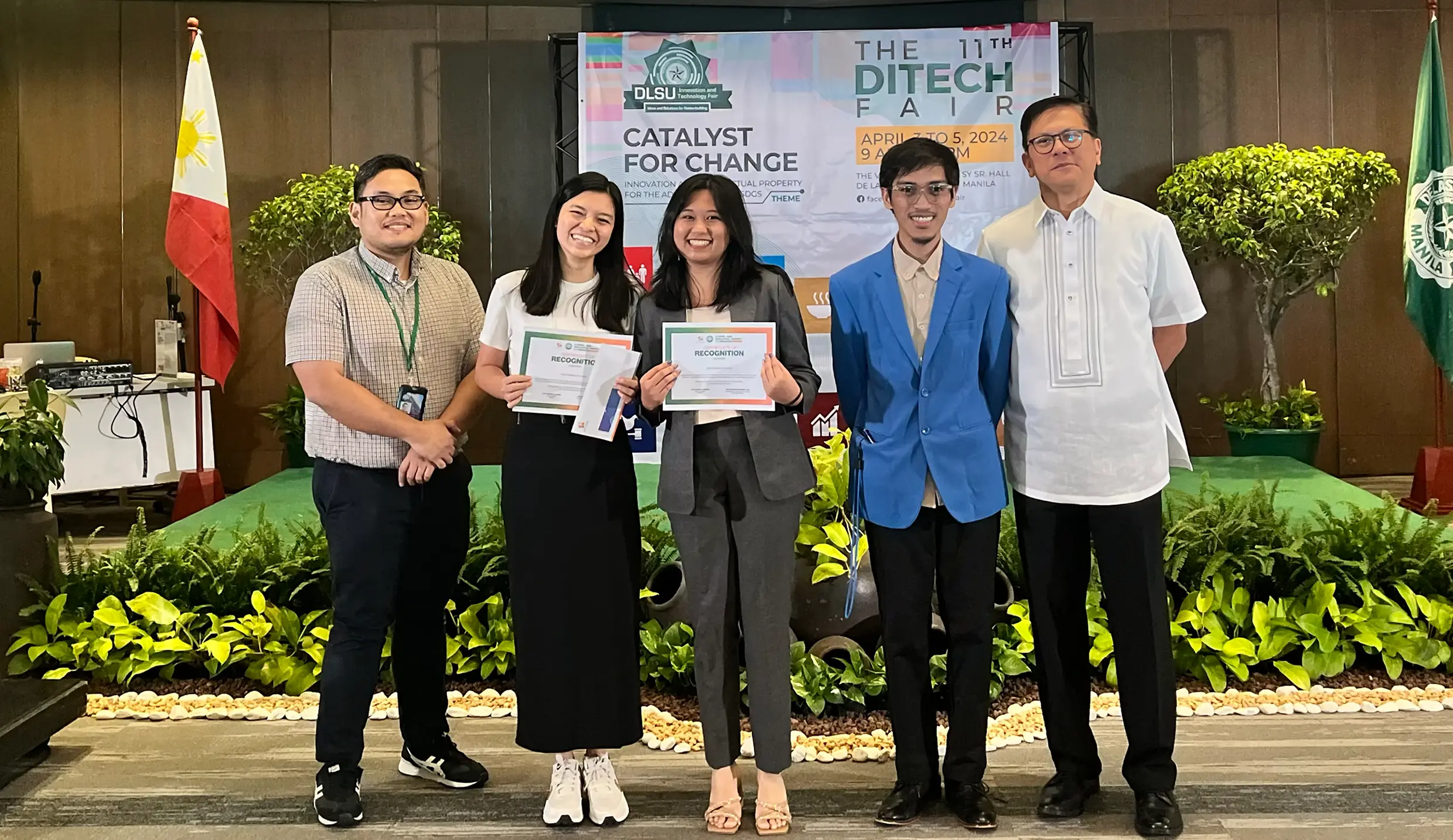
The new field of mathematical biology, a branch of applied mathematics that uses mathematical principles to understand and explain biological phenomena, has indeed arrived at UPLB.
Aside from recent researches in the university that applies the said discipline, UPLB hosted, for the first time, the International Workshop on Mathematical Biology (IWOMB 2020) on Jan. 6-8.
According to Dr. Editha C. Jose, director of the Institute of Mathematical Sciences and Physics (IMSP), the workshops seeks to encourage collaboration among post-graduate students and early-career researchers and help them explore the different applications of mathematics, one of which is on the natural sciences.
Joining Dr. Jose during the conference’s opening ceremony was Dr. Felino P. Lansigan, dean of the College of Arts and Sciences, who presented a brief history of IWOMB and biomathematics in UPLB.
He said that biomathematics in UPLB was initiated by a group of junior faculty members from IMSP led by Dr. Jomar F. Rabajante in 2010.
Dr. Lansigan noted that their vision to bridge the life sciences and mathematics eventually led to the formation of the UPLB BioMathematics Initiative, now the BioMathematics Research Cluster, which has become one of the active research teams at IMSP and was hailed as the 2019 CAS Outstanding Research Team.
IWOMB 2020 featured plenary sessions and workshops for researchers and scholars on the use of mathematics in various biological contexts, from evolution to ecosystems to biochemical reactions.
Dr. Aletta T. Yñiguez, head of the Biological Oceanography and Modeling of Ecosystems Lab at UP Diliman and valedictorian of UPLB Class of 1999, described the interactions of marine organisms using mathematical models.
Dr. Vincent A.A. Jansen, head of the Department of Biological Sciences at Royal Holloway, University of London, presented a mathematical model that explained the effects of environment stress on bee colonies.
Dr. Hiromu Ito, faculty member at the Department of International Health, Institute of tropical Medicine at Nagazaki University, explored the evolution of periodical cicadas through numerical modeling.
Dr. Robert Smith , professor at the Department of Mathematics and Statistics in the University of Ottawa, Canada, modeled the effects of stigma on the spread of leprosy.
Dr. Arnold R. Salvacion, faculty member at the College of Human Ecology, presented an alternative approach to assess crop suitability using fewer model parameters.
Dr. Juancho Collera, faculty member in mathematics at UP Baguio and UP Scientist I, introduced delay differential equations and its application in biology.
Dr. Angelyn Lao, assistant dean at the Research and Advanced Studies, College of Science at the De La Salle University, presented how she used systems biology approach and integrated existing data with mathematical models to understand Alzhiemer’s Disease.
Lastly, Dr. Casian Alexandru Pantea, faculty member in mathematics at West Virginia University, presented a systematic analysis of bistability and oscillation in biochemical reaction networks.
Participants also attended hands-on workshops in Biostatistics/Quantitative Genetics, Agricultural Crop Modeling, Mathematical Epidemiology, Optimal Control, NetLogo Agent-based Simulation, Numerical Continuation & Bifurcation Analysis of ODEs, Bioinformatics/Computational Biology, and Parameter Estimation.
IWOMB 2020 was organized by the Mathematical Society of the Philippines and IMSP. It has been held annually since 2018. (Jessa Jael Arana, with information from imsp.uplb.edu.ph)








